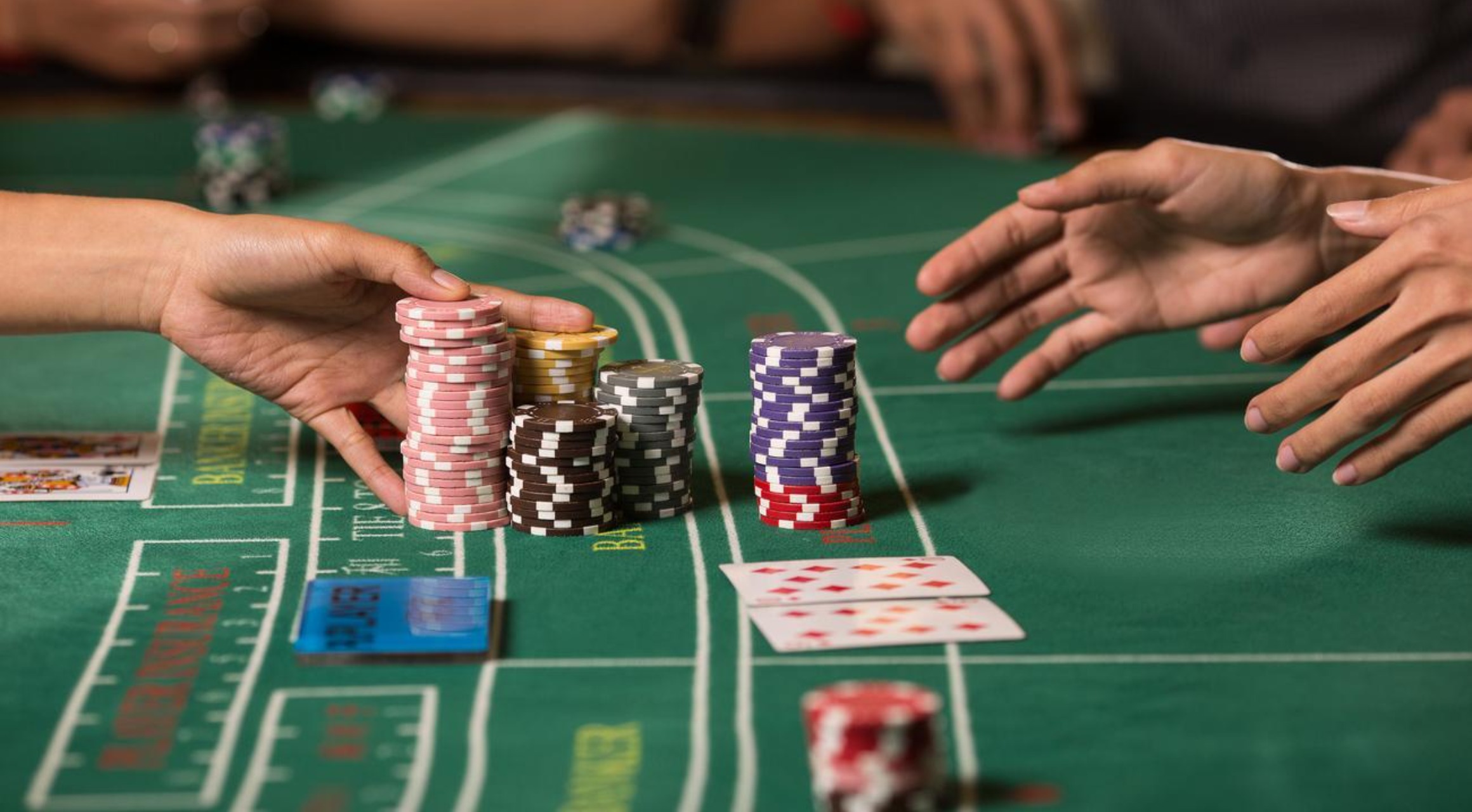Baccarat, a popular casino game known for its simplicity and fast-paced gameplay, has been a favorite among players. Unlike other games that require complex strategies, baccarat is primarily a game of chance. To help you get started on playing baccarat and keep important factors in mind, here are some essential tips:
Baccarat Rules
Baccarat is a simple game with only three available bets. When compared to blackjack or roulette, which offer numerous wager options, the straightforward nature of baccarat appeals to many players. Before the cards are dealt, you must place your bet on one of three options: the Player, the Banker, or a Tie. Each round allows you to adjust your bet as desired.
After all players have placed their bets, the dealer will deal the cards. The player’s hand is played out first, followed by the banker’s hand. Two cards are dealt face up to both the player and the banker. The goal is to achieve a total closest to 9, with 9 being the best possible score.
If the total sum of the two cards exceeds nine, the second digit of the total serves as your score. For example, if you have an 8 and a 7, the total is 15, but your score would be 5. In baccarat, the dealer handles all the calculations, allowing you to simply enjoy the game. Wagers are then paid out based on the outcome of the round.
Ranks of Cards
Understanding the value of each card is crucial in baccarat since the objective is to get as close to 9 as possible without exceeding it. Here are the values assigned to each card:
- Cards 2-9: Face value (9 is worth nine points)
- 10, Jack, Queen, and King: Valued at 0
- Ace: Valued at 1
For instance, a combination of an 8 and a Queen would result in a total score of eight, while an Ace and a 6 would be worth seven points.
Types of Bets
Since baccarat is a game of chance, players must place their bets before the cards are dealt. You have three options to choose from:
-
Banker’s Hand: This bet pays out 1:1 but is subject to a 5% commission. For example, a $105 wager would yield $100 in winnings. It is often displayed as “.95:1” on the game layout.
-
Player’s Hand: A winning bet on the player’s hand pays out even money, without any commission. If you bet $20 and win, you would receive $20 in winnings.
-
Tie: Betting on a tie between the Player and Banker offers a payout of 8-1. A $20 bet on a tie would result in $160 in winnings. Alternative game options include 9:1 and 7:1 payouts.
Natural Win vs. Dealing With a Third Card
Once the bets are placed, four cards are dealt on the table. The first card goes to the Player’s box, and the second card to the Banker’s box. This process is repeated to ensure that both the Player and Banker have two cards each.
Natural Win
If the sum of the initial two cards dealt to either the Player or the Banker is 8 or 9, it is considered a natural win, and the game ends. Bets are paid out based on the outcome of the round.
When is a Third Card Drawn?
If neither hand has a total of 8 or 9, the dealer may draw an additional card for one or both hands, depending on the total sum. Unlike in blackjack, the rules for drawing a third card are predetermined and not left to the player’s decision.
Third Card Rules for the Player
The Player only draws a third card when the total score of the initial two cards is between 0 and 5, unless the Banker has a score of 8 or 9 for a natural win.
Third Card Rules for the Banker
If the Player does not draw a third card, the Banker stays on a total score of 6 or 7 and draws a card when the total score is between 0 and 5. However, if the Player does draw a third card, the following rules apply to the Banker:
- If the Player draws a 9, 10, face-card, or Ace as the third card, the Banker draws on a score of 0-3 and stays on a score of 4-7.
- If the Player draws an 8 as the third card, the Banker draws on a score of 0-2 and stays on a score of 3-7.
- If the Player draws a 6 or 7 as the third card, the Banker draws on a score of 0-6 and stays on a total score of 7.
- If the Player draws a 4 or 5 as the third card, the Banker draws on a score of 0-5 and stays on a total score of 6 or 7.
- If the Player draws a 2 or 3 as the third card, the Banker draws on a score of 0-4 and stays on a total score of 5, 6, or 7.
Rest assured, the dealer handles all these calculations, allowing you to relax and enjoy the game.
Odds
In baccarat, the Banker has the advantage. However, unlike most other casino games, you can choose to bet with the house. Here are the house edges for the three available bets:
- Banker: 1.06%
- Player: 1.36%
- Tie: 14.4%
The odds of the Player’s hand winning in baccarat are 44.62%, while the Player’s hand loses approximately 45.85% of the time. The chance of a tie occurring is 9.53%.
Conclusion
Now that you have a better understanding of the basics of baccarat, it’s time to put your knowledge to the test at the tables. You don’t have to wait for your next casino trip to enjoy this game – experience the excitement of a casino floor right from the palm of your hand at M88’s Online Casino. Play all your favorite casino games, including baccarat, in the comfort of your own home.
Start playing online baccarat at M88 today and enjoy an immersive casino experience. If you’re looking for bonuses and exclusive offers, check out our online promotions for more information.
baccarat odds player vs banker


